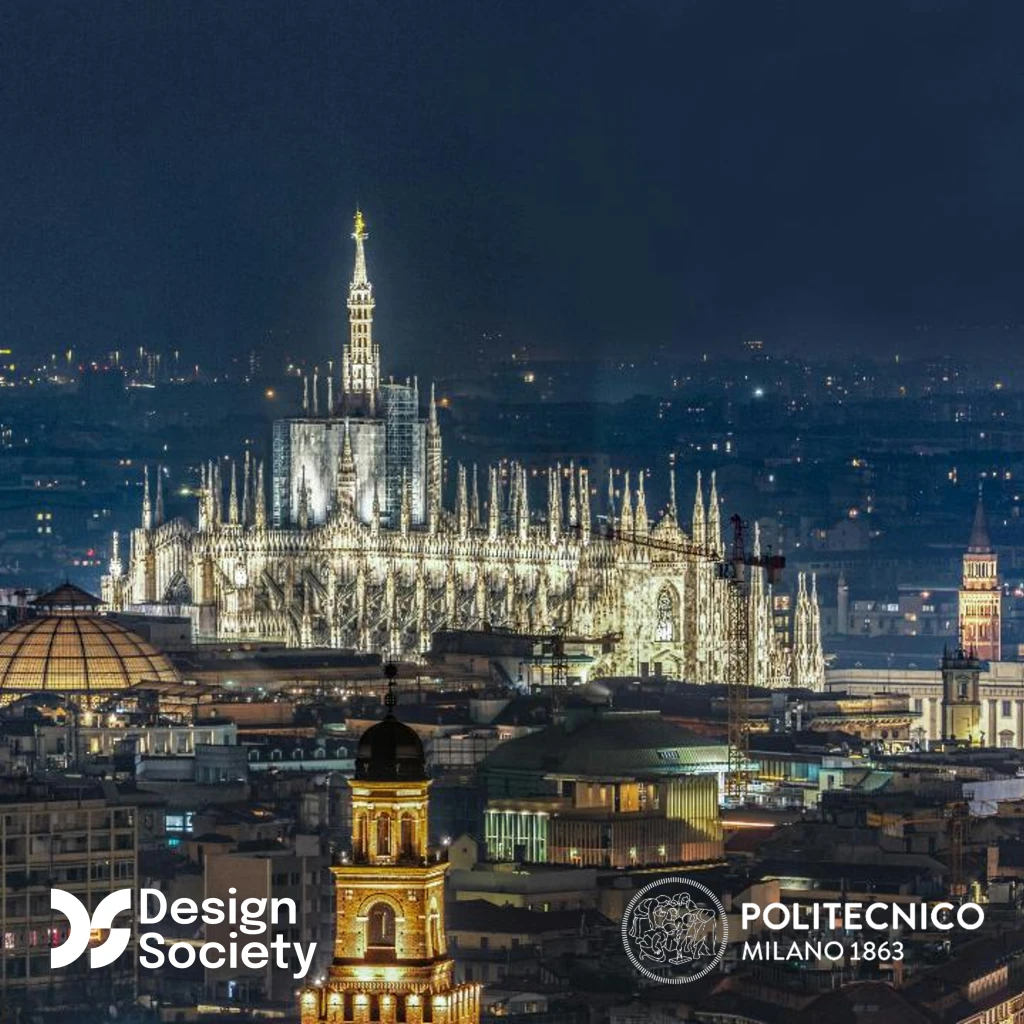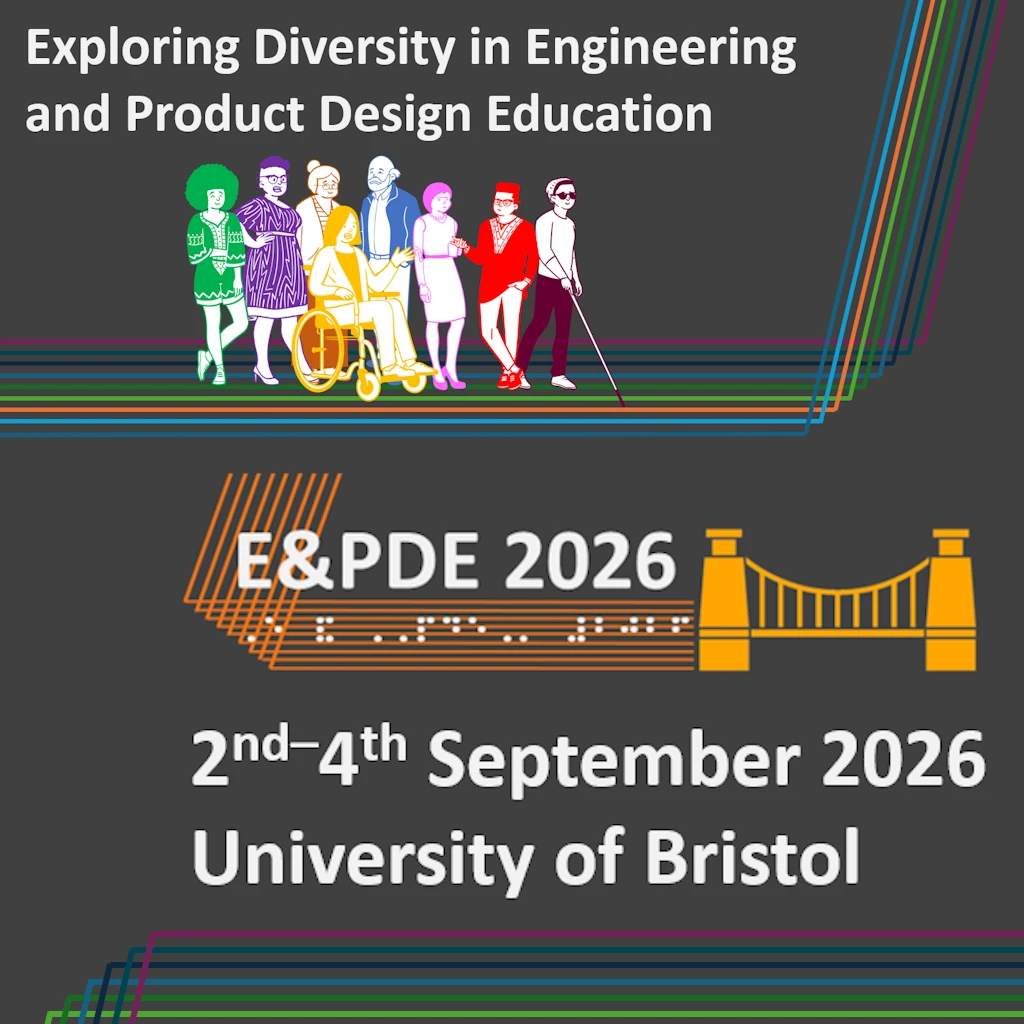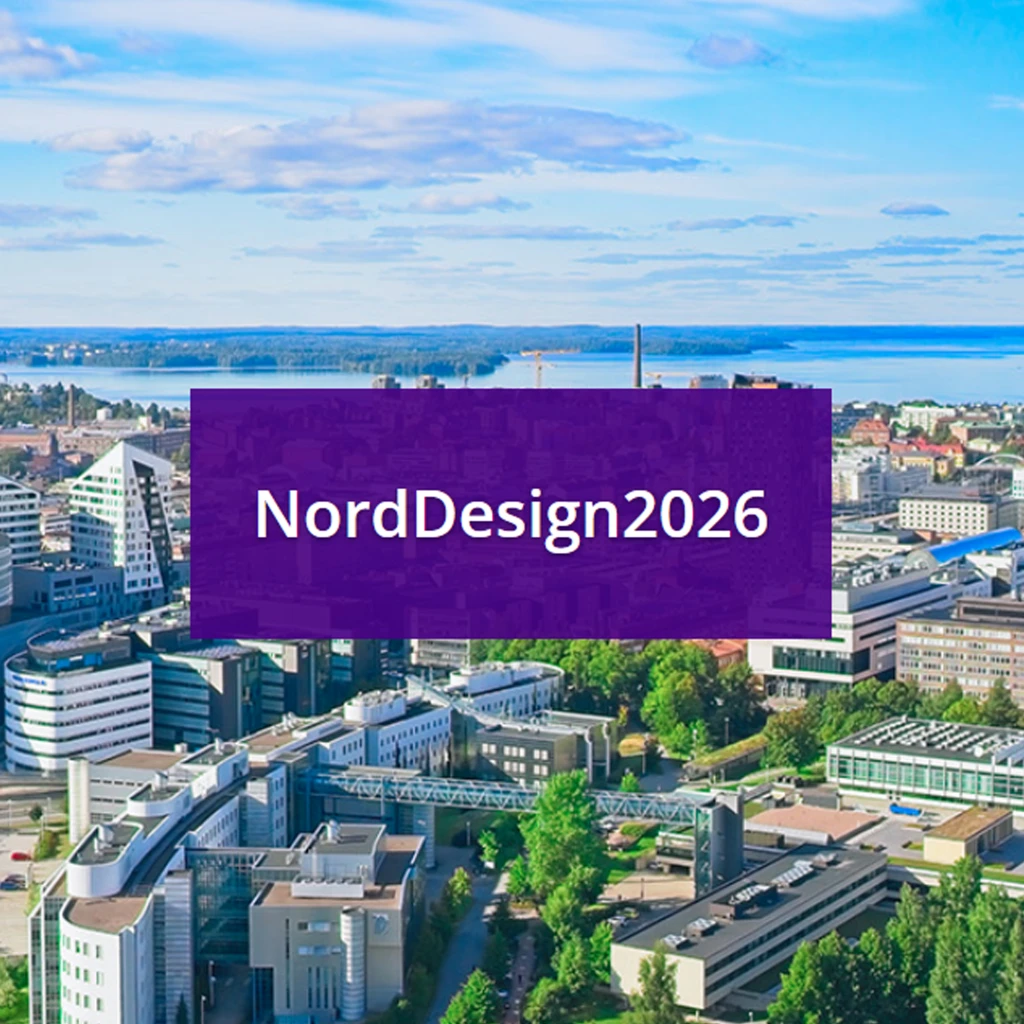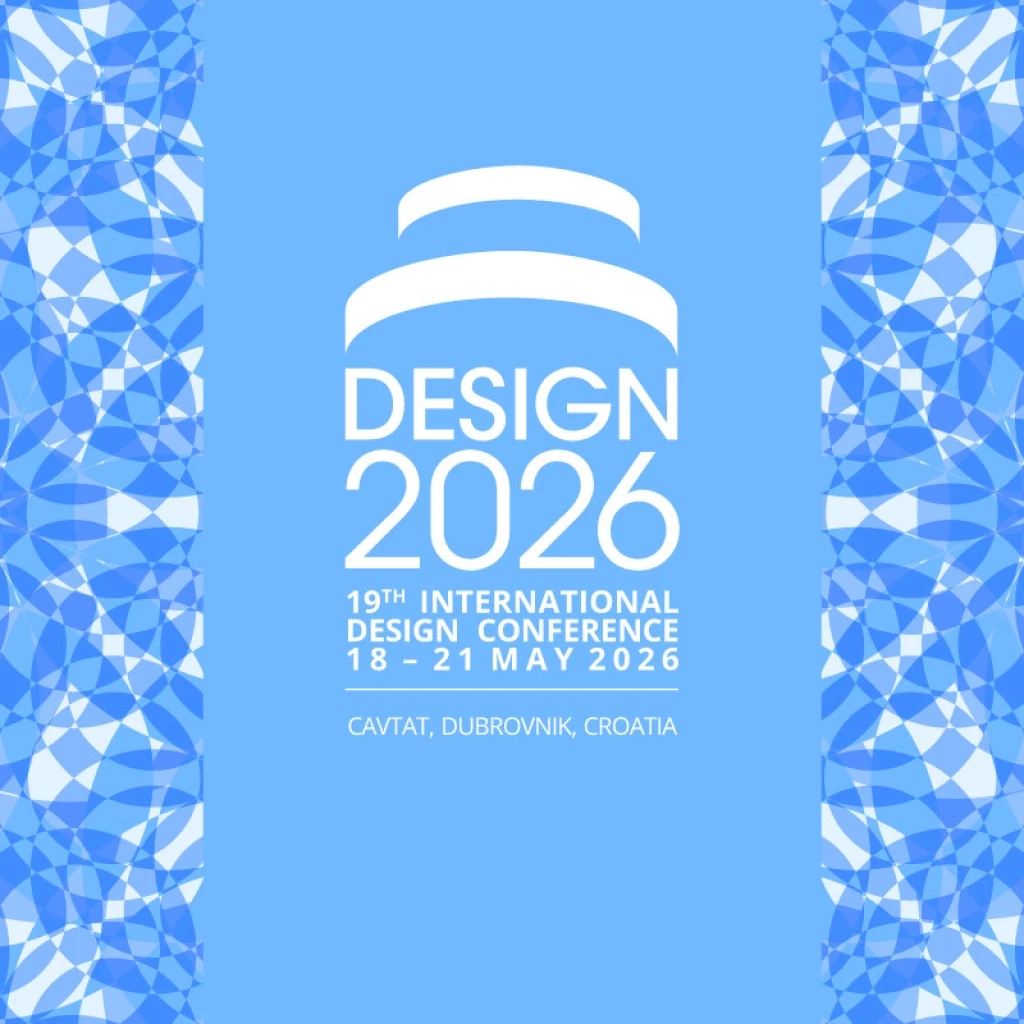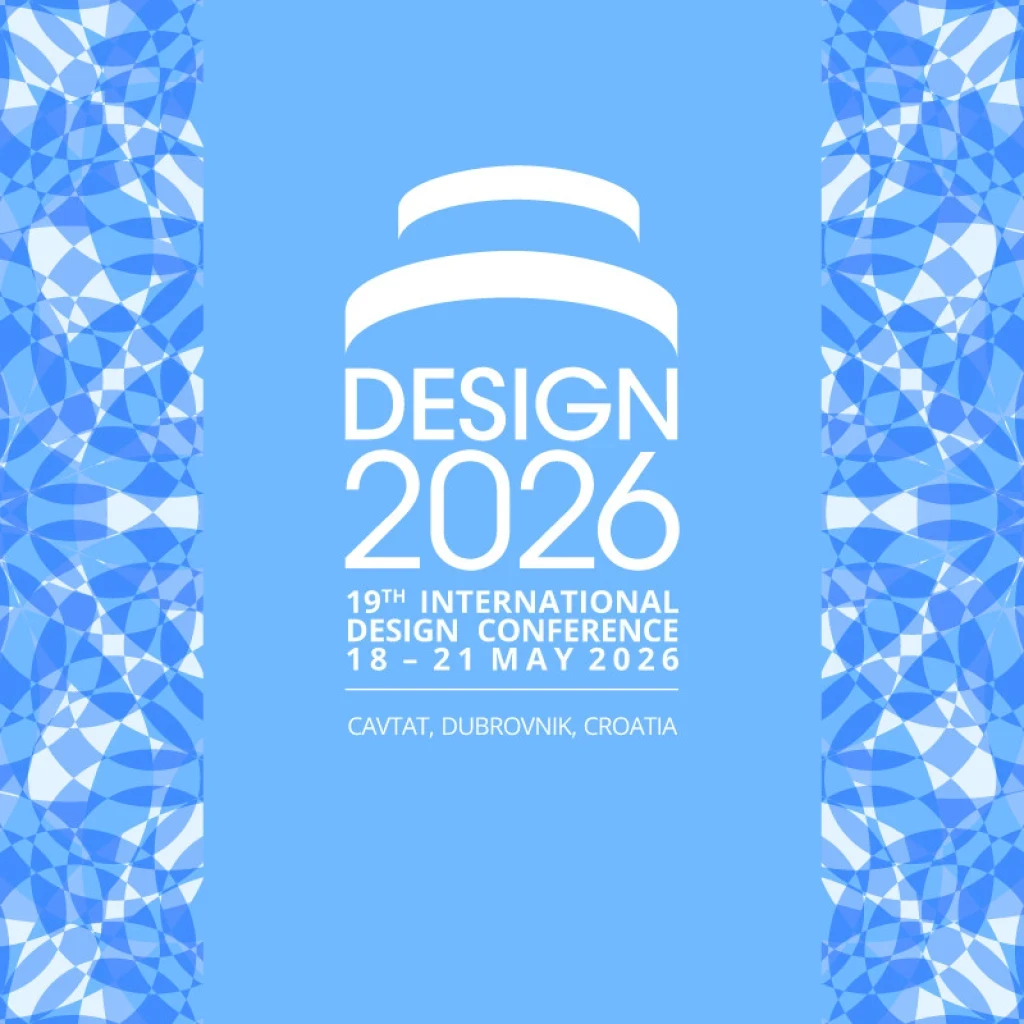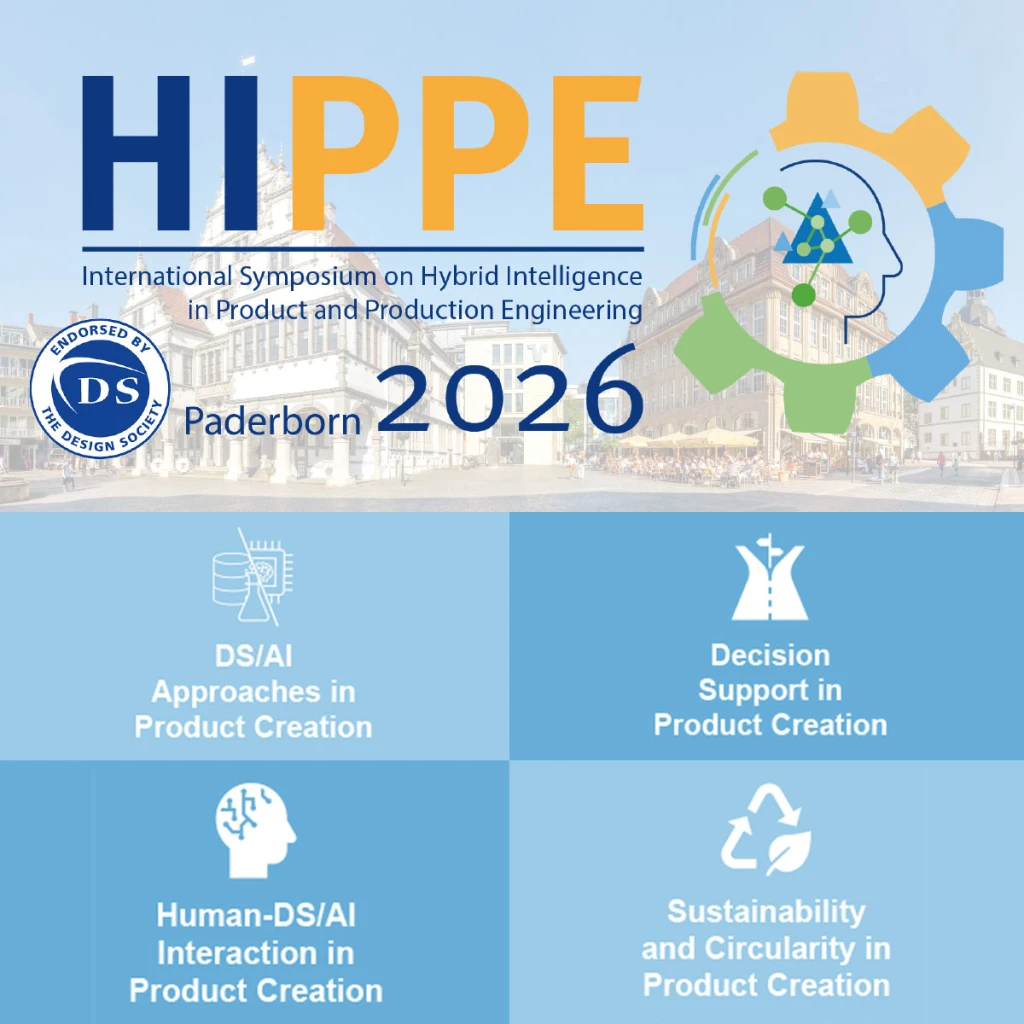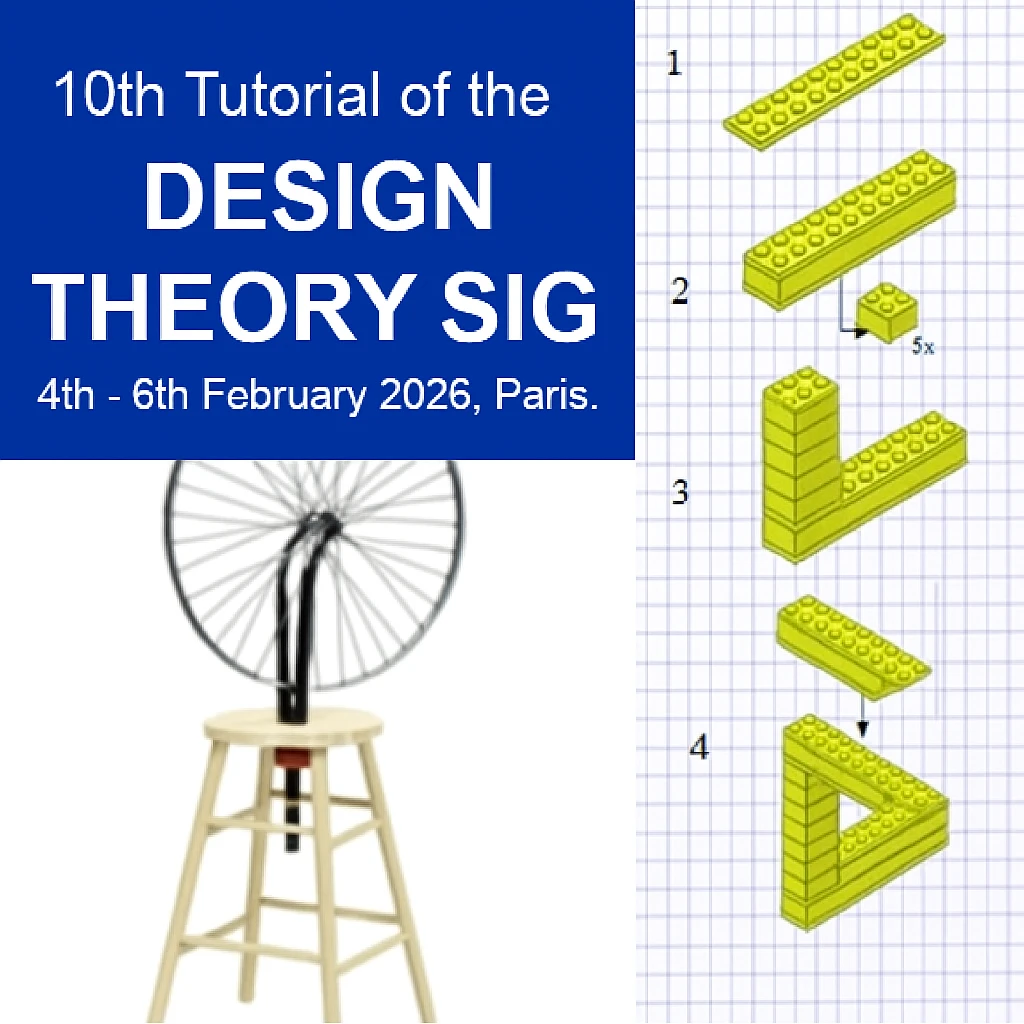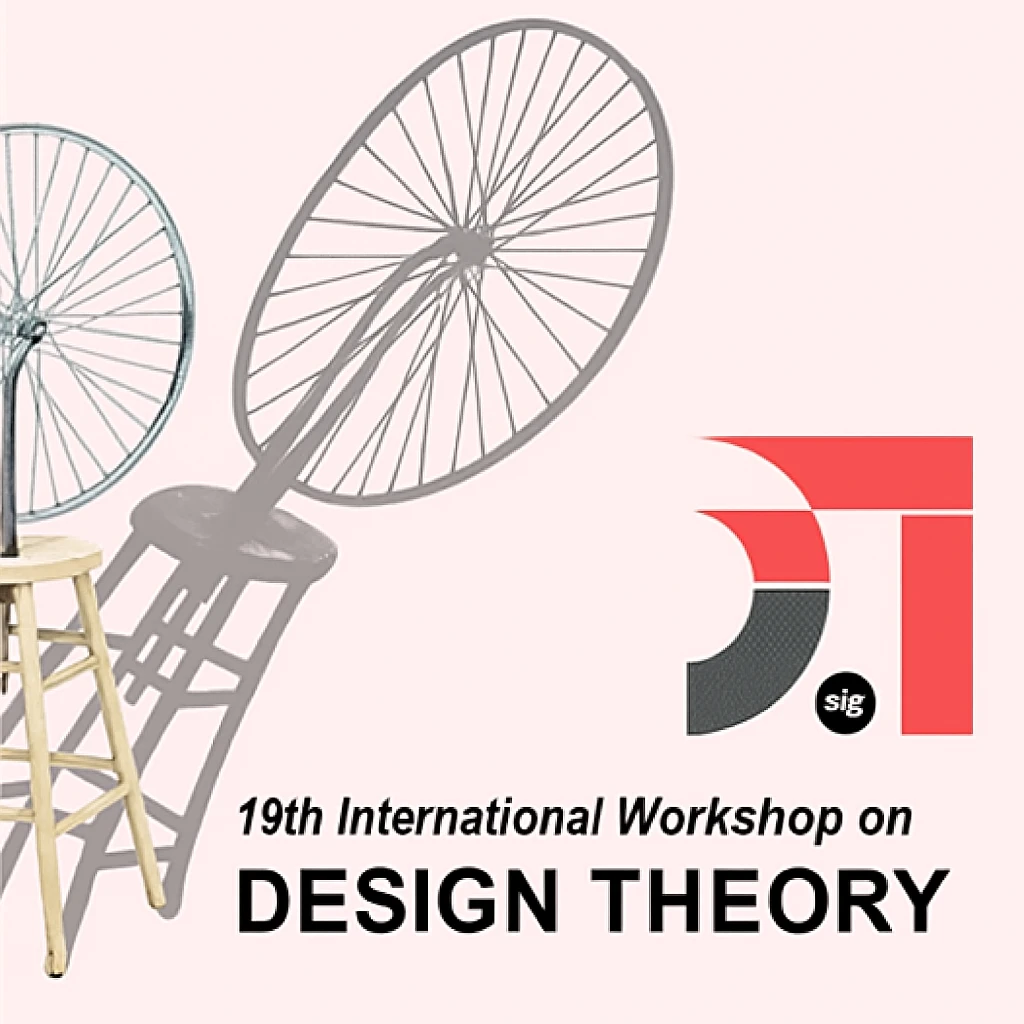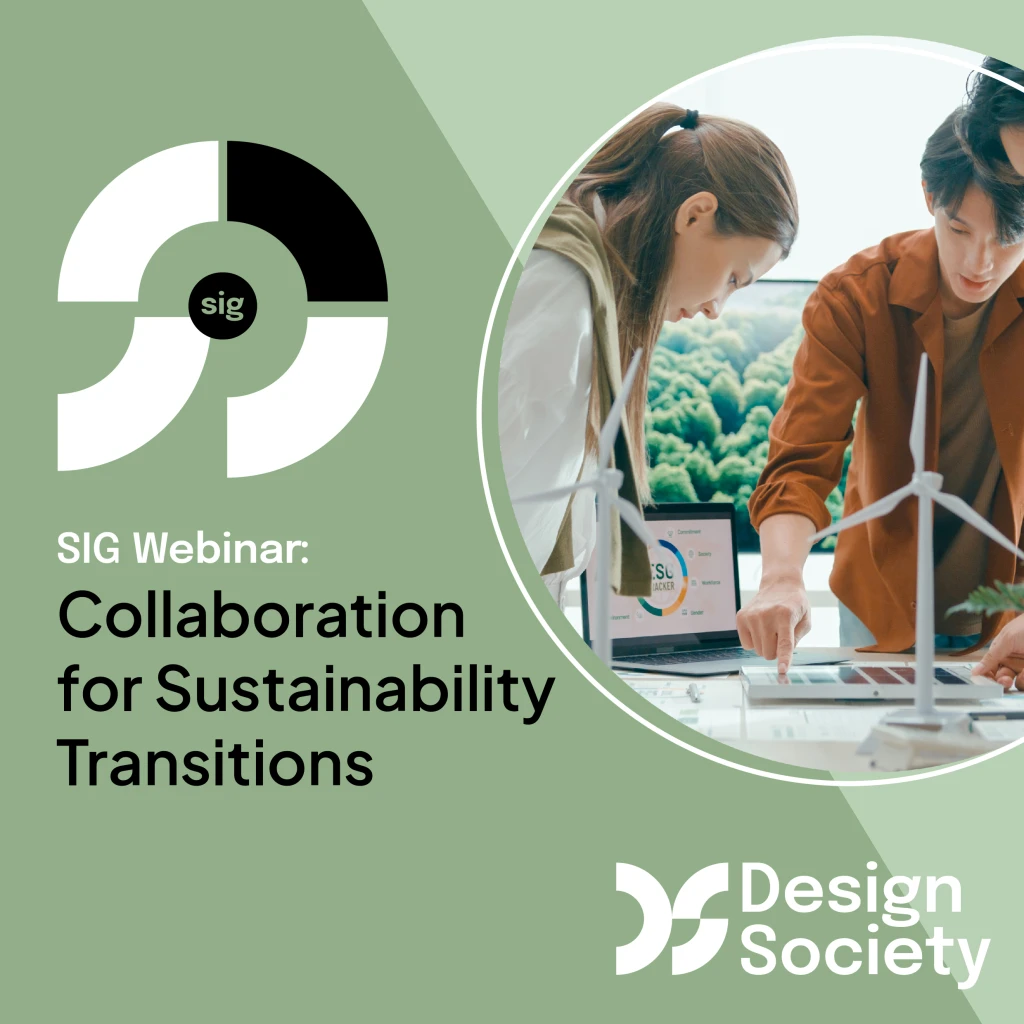EcoDoCS'2020 - Doctoral School 2020 Eco-design of Complex Systems
12-16 Oct 2020
Gif-sur-Yvette (France)
Visit: ecodocs.sciencesconf.org
Eco-designing products and services is already a hard and often ill-defined task since it involves both lifecycle modelling and multi-criteria decision analysis. But eco-designing complex systems is still harder for many reasons. This doctoral workshop aims at both defining the industrial and scientific issues of eco-designing complex systems – products, services, plants, socio-technical systems – and presenting practical solutions for modelling, simulating, optimising and making decisions on the best solutions in the design stage.
Our understanding of a complex industrial system is:
- A large-scale system (high number of subsystems and components, mass and resources);
- With a hardly predictable life cycle (lifetime, upgrades, maintenance, end-of-life…);
- Whose subsystems may have different life cycles and lifetimes;
- In close interaction with its environment (super system, geographic site…);
- Supervised by human decisions and management.
Some examples of such complex systems, which are taken all along the doctoral workshop, are:
- Eco-design of an electrical substation of an aluminium plant (9,000 tonnes of metal and concrete lasting 30 to 40 years, costing 80 million Euros, with few idea on how to recycle it);
- Eco-design of food packaging providing the multiple usage conditions and recycling facilities of countries;
- Eco-design of a value chain for recycling automotive glazing;
- Eco-design of a food vale chain;
- Eco-design of automotive systems through circularity measurements;
- Eco-optimisation of a navy shuttle;
- Design of eco-industrial parks.
The complex systems are dealt through several perspectives:
- Life-Cycle Assessment;
- User behaviour modelling;
- Technico-economic value networks;
- Design and performance optimisation;
- Eco-ideation and eco-innovation;
- Industrial ecology and circular economy.
This doctoral training alternates theory and practice. More than half of the time is spend on case studies, where participants are asked to apply proposed methodologies and tools, and research workshops, where they are asked to speak about their research issues.




